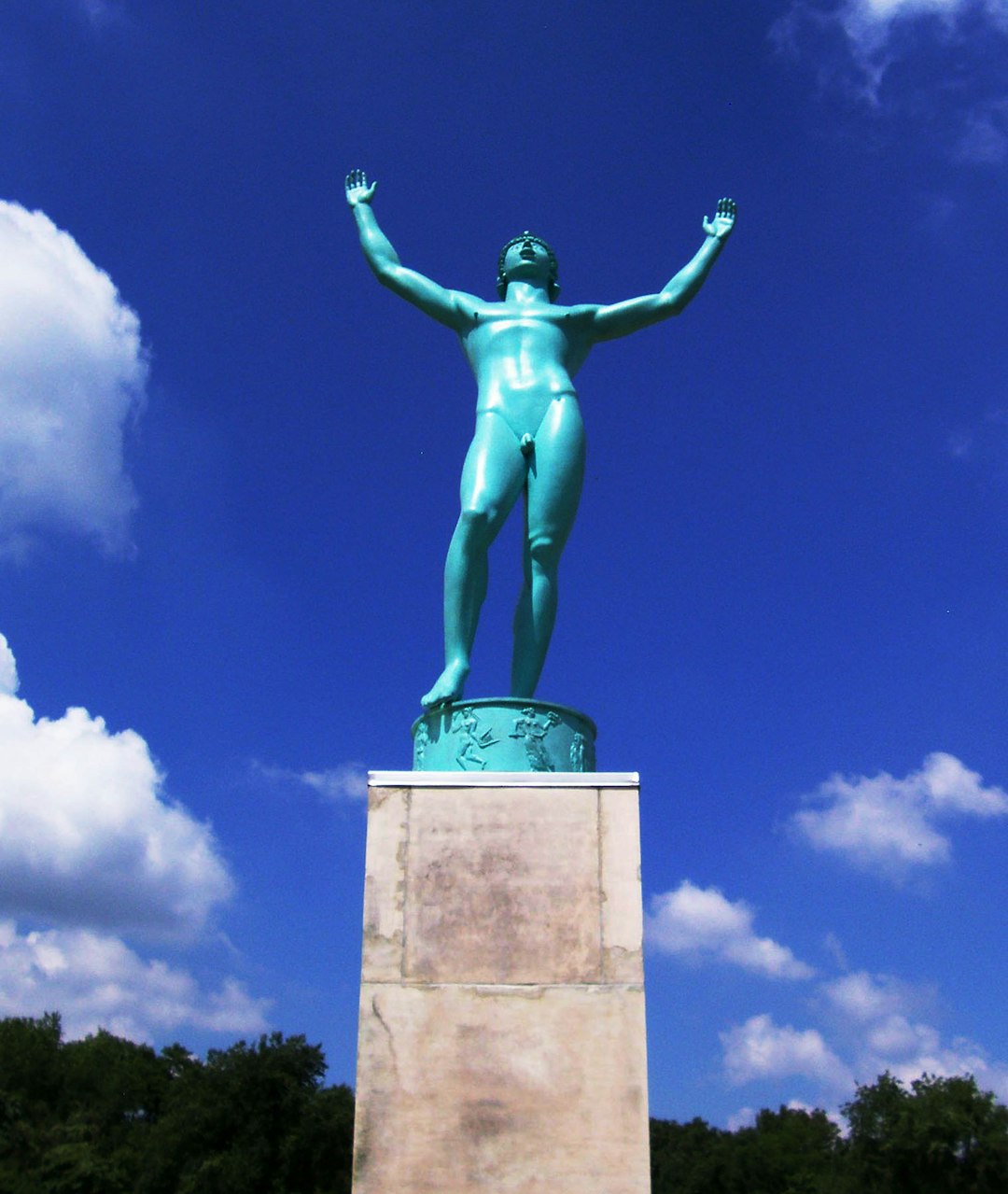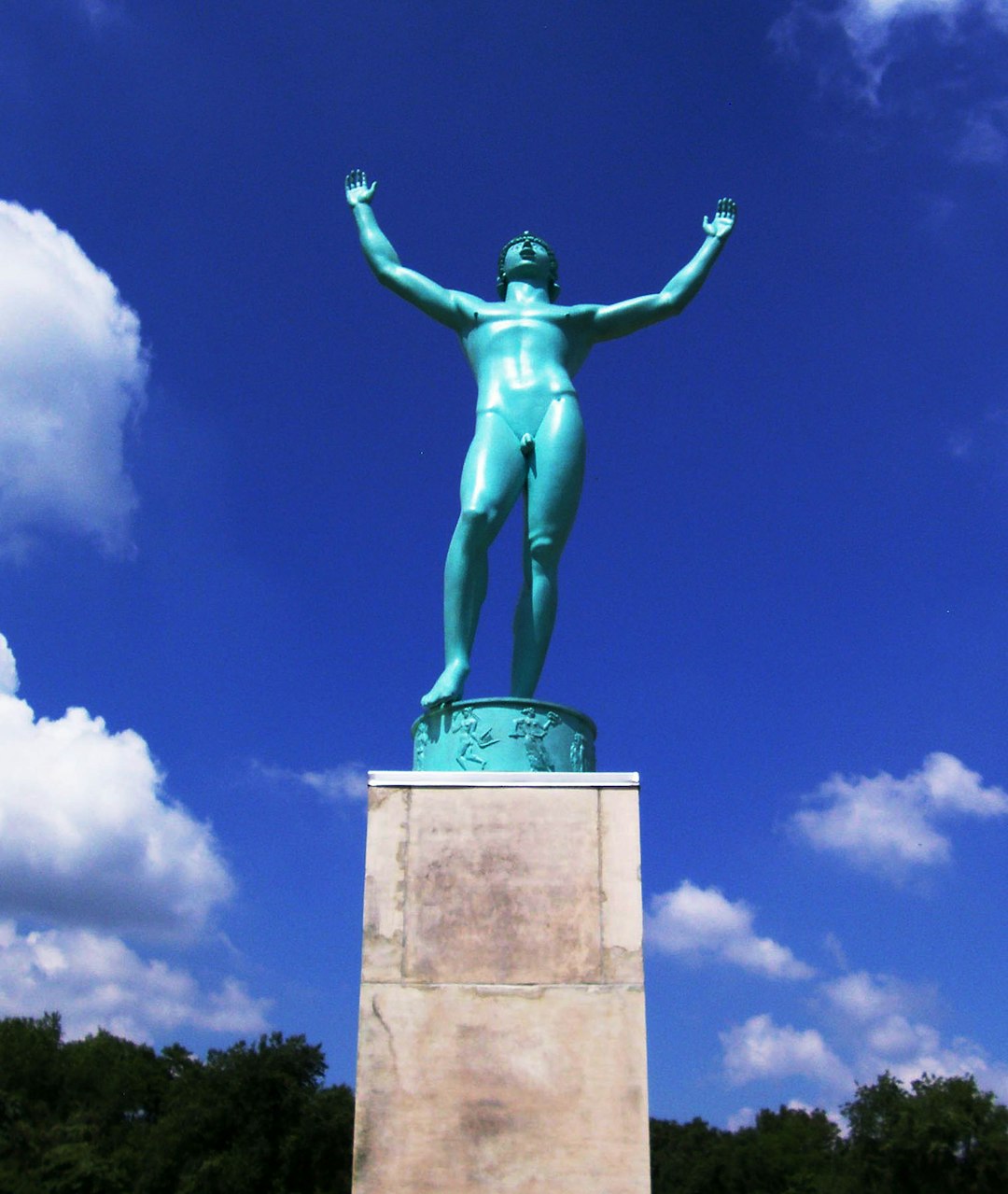In Illinois, a robust legal framework, including the Fair Debt Collection Practices Act (FDCPA), protects consumers from abusive debt collection practices while enabling creditors to recover debts fairly. Debt collector lawyers specialize in this area, assisting clients with Do Not Call laws and representing them in FDCPA violations cases. Individuals facing debt collection issues should consult a debt collector lawyer for crucial guidance under Illinois' comprehensive debt collection regulations, including the Illinois Debt Collection Act and Telemarketing and Consumer Fraud Act. These laws protect debtors, prohibit aggressive tactics, and mandate debt validation. Debt collection agencies must also adhere to strict guidelines against spam calls and deceptive practices, with engagement of reputable debt collector lawyers offering effective navigation of these rules for both parties.
In Illinois, understanding the legal guidelines governing debt collection is crucial for both consumers and debt collectors. This comprehensive guide explores the intricate web of laws designed to protect debtors’ rights while ensuring fair practices by debt collectors. From navigating the state’s specific debt collection laws to comprehending anti-spam call regulations and Do Not Call lists, this article arms you with knowledge. If you’re a consumer facing debt or a debt collector lawyer in Illinois, these insights are essential for staying compliant and asserting your rights under the law.
Understanding the Legal Framework for Debt Collection in Illinois

In Illinois, the legal framework governing debt collection is designed to protect consumers from aggressive or unfair practices while ensuring that creditors can effectively recover their debts. The Fair Debt Collection Practices Act (FDCPA) serves as a cornerstone of this framework, dictating how debt collectors must conduct themselves when interacting with debtors. Understanding and adhering to these laws is crucial for both debt collectors and consumers alike.
Debt collector lawyers and attorneys in Illinois play a vital role in navigating this legal landscape. They assist clients by providing guidance on the Do Not Call laws, ensuring that spam calls are avoided, and representing them in cases involving violations of debt collection laws. For those facing debt collection issues, consulting with a debt collector lawyer in Illinois can offer clarity and protection under the state’s comprehensive debt collection regulations.
Rights of Debtors and Responsibilities of Debt Collectors

Debtors in Illinois have several rights protected by state laws to ensure fair treatment during debt collection processes. For instance, the Illinois Debt Collection Act restricts the behavior of debt collectors and provides guidelines on how they can communicate with debtors. Debts must be validated, and collectors cannot use aggressive or harassing tactics. Additionally, debtors have the right to request verification of the debt and to contest its validity. This ensures that individuals are accountable for their debts while also safeguarding them from fraudulent practices.
On the other hand, debt collectors in Illinois must adhere to strict regulations. They are prohibited from making spam calls or using deceptive strategies to collect debts. The Telemarketing and Consumer Fraud Act targets unwanted telephone solicitations, including those from debt collection agencies. Debt collector lawyers or attorneys in Illinois should guide their clients on how to navigate these laws, ensuring they respect the rights of debtors while effectively recovering debts. Engaging a reputable debt collector law firm in Illinois can provide clarity and protect both parties’ interests.
Navigating Spam Call Laws and Do Not Call Regulations in Illinois

In Illinois, debt collectors must adhere to strict guidelines regarding communication methods, particularly when it comes to phone calls. The state’s Do Not Call laws and Spam Call regulations aim to protect consumers from unwanted and harassing telephone contact. Debt collector lawyers or attorneys in Illinois should ensure their clients follow these rules to avoid legal repercussions.
Debt collection agencies and individuals acting as debt collectors are prohibited from making automated or prerecorded phone calls to consumers without prior express consent. They also cannot call a consumer at an unreasonable time, typically before 8 a.m. or after 9 p.m., local time. Consumers have the right to put their name on a Do Not Call list, and debt collectors must respect this request. A lawyer for debt collector laws in Illinois can help ensure that these regulations are followed, protecting both the rights of consumers and the interests of legitimate debt collection practices.






